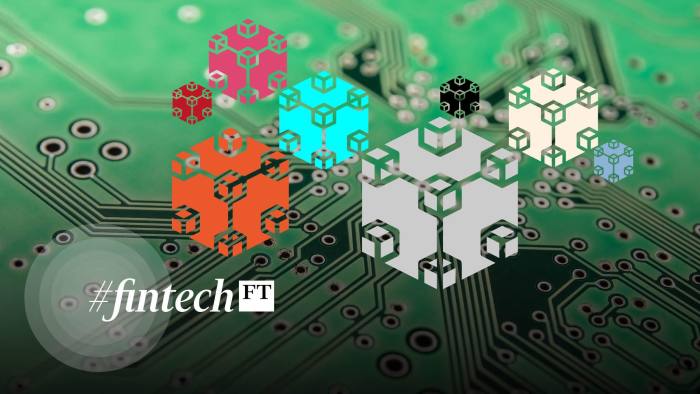France has used digital assets and blockchain technology in a series of bond transactions, marking one of the most significant trials to date of cryptocurrencies in a leading established market.
A consortium of France’s biggest financial market participants utilised a digital currency issued by the Banque de France as part of the 10-month experiment in the country’s debt market.
The trial was led by the securities depository Euroclear and included many of France’s largest banks, as well as the French public debt office and the central bank, and used a system developed by US-based IBM.
The pilot was part of a scheme commissioned by the Banque de France in March last year to explore how central bank-issued digital currencies would exchange and settle if they had been turned into tokens, with deals recorded on a digital ledger. Typically deals are reconciled between parties, recorded and assets transferred at a single authority such as a central bank or securities depository.
It comes as global regulators are urging central banks to act in the face of the growth in crypto assets this year. Policymakers are worried that private sector initiatives around payments and cryptocurrency issuance could lead to central banks losing control of monetary policy.
The consortium included BNP Paribas, Crédit Agricole CIB, HSBC, and Société Générale. The groups traded the government bonds as securities “tokens” and settled them with cryptocurrencies supplied by the central bank.
The project tested the usefulness of a central bank currency on a range of everyday activities, such as issuing new bonds, using them in repurchase agreements, as well as paying coupons and redeeming deals.
Weekly newsletter

For the latest news and views on fintech from the FT’s network of correspondents around the world, sign up to our weekly newsletter #fintechFT
The experiment ran almost 500 instructions in both primary and secondary markets. Euroclear declined to disclose the value of the trades.
“We have together successfully been able to measure the inherent benefits of this technology, concluding that the central bank digital currencies can settle central bank money safely and securely,” said Isabelle Delorme, deputy chief executive of Euroclear France.
Veteran policymaker Benoît Cœuré warned central banks last month to act more quickly to develop official digital assets because new technologies such as decentralised finance posed a threat to depository institutions and intermediaries such as banks and depositories. But central banks’ efforts to create digital currencies are uneven.
While China, Sweden and the Bahamas are at an advanced stage, leading policymakers in Europe and the US have committed only to exploring the possibility of launching their own.
“We are rapidly moving towards fundamental change in the post-trade market infrastructure,” said Soren Mortensen, global director of financial markets at IBM.
“This project went well beyond previous blockchain initiatives because it successfully tested most central securities depository and central bank processes whilst eliminating current interim steps, such as reconciliation between market intermediaries,” he added.
from WordPress https://ift.tt/3aTBGKY
via IFTTT
